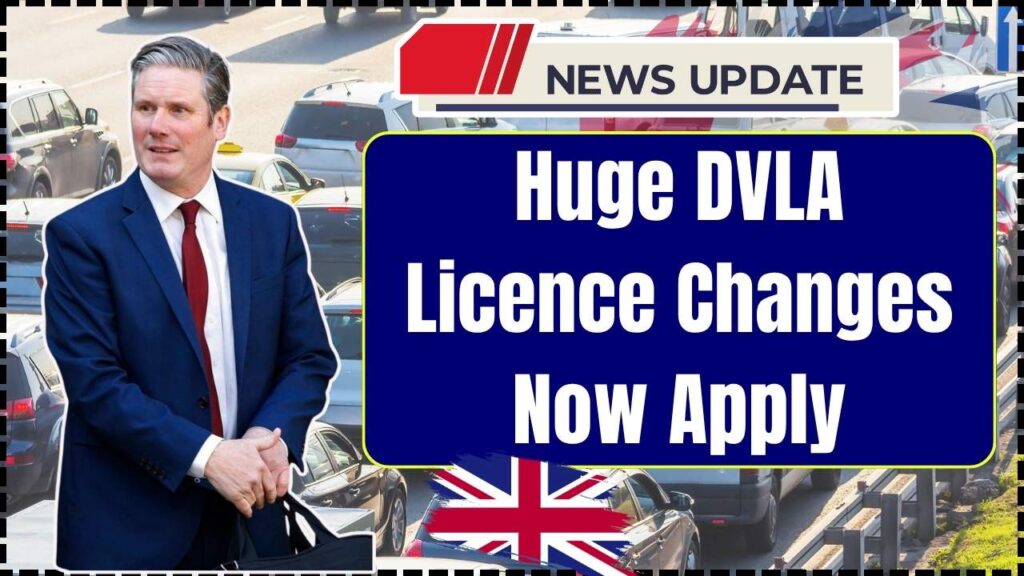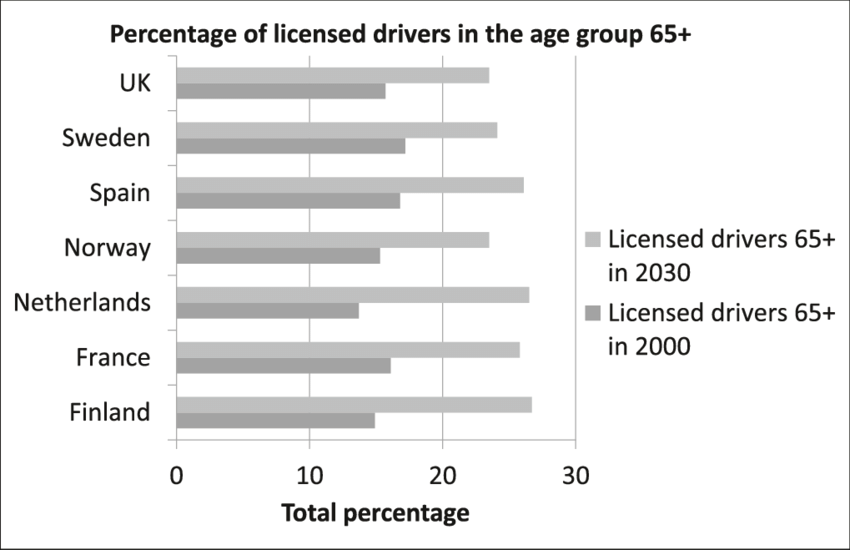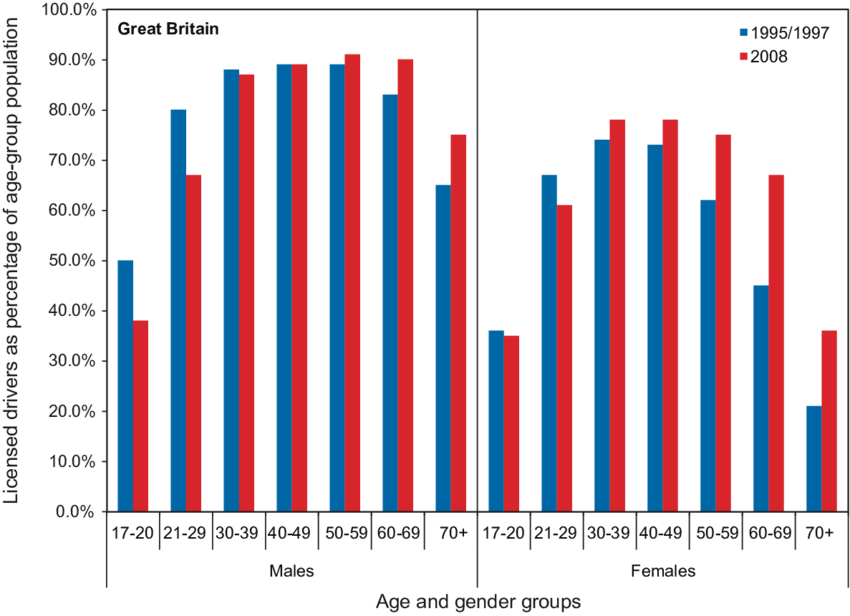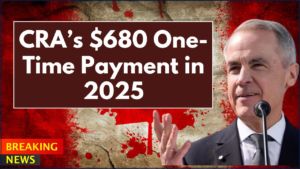Huge DVLA Licence Changes: If you’ve scrolled through your social media feed lately, chances are you’ve seen this line in big, bold letters: “57 or Over? Huge DVLA Licence Changes Now Apply in England, Scotland, Wales & Northern Ireland.” The problem? That headline is completely misleading. There are no new DVLA rules targeting drivers aged 57 and over. But like many viral posts, this one has caused widespread confusion, stress, and unnecessary panic — especially among older drivers and professional drivers who depend on their licence for work. This guide cuts through the noise and gives you real facts, practical steps, and official sources to help you understand exactly how DVLA rules work, what’s expected of drivers as they age, and why age 57 isn’t a legal threshold for anything.
Table of Contents
Huge DVLA Licence Changes
The “57 or Over DVLA Licence Change” story is a textbook example of viral misinformation. No new rules have been introduced, and your legal responsibilities as a driver remain the same:
- Renew at 70, then every 3 years
- Self-report medical conditions as required
- Keep your photocard up to date
- Rely only on official sources
Driving in your late 50s and beyond can be safe, enjoyable, and independent — as long as you keep your health and licence in good shape and don’t fall for unfounded rumors.

| Topic | Key Info | Stats / Data |
|---|---|---|
| Age Threshold | No new DVLA renewal rules at age 57 | Licence renewals still begin at age 70 |
| Medical Requirements | Only apply if you have a reportable condition | Covers vision, diabetes, epilepsy, heart issues |
| Territories Covered | England, Scotland, Wales, Northern Ireland | DVA covers NI |
| Rumor Source | Viral, unverified articles | No official government change |
| Action Required | None at age 57 unless medically necessary | Renewal remains at 70 and every 3 years after |
| Official Source | GOV.UK |
Why Huge DVLA Licence Changes Went Viral?
The “57 or Over” headline spread like wildfire on Facebook, WhatsApp, and short-form news sites. Many people believed they would suddenly need to renew their licence, take medical tests, or lose their driving rights at 57.
This isn’t the first time such a rumor has surfaced. Similar viral posts appeared back in 2021, falsely claiming the government was introducing new vision and reaction-time tests for older drivers. None of that turned out to be true then, and it isn’t true now.
The DVLA has publicly stated that no changes have been made to age-related licence rules. The only official age threshold remains 70.
Historical Timeline: DVLA Age Rules Over the Years

Understanding how the rules got here helps explain why the “57 rule” doesn’t hold water:
| Year | Policy Development | Impact |
|---|---|---|
| 1970s–1990s | Focus on HGV/PSV drivers’ medical standards | Only commercial drivers faced regular checks |
| 2000 | Age 70 renewal requirement introduced for all drivers | Ensured fitness to drive later in life |
| 2010–2018 | Medical reporting streamlined | Easier for drivers to self-report conditions |
| 2020–2024 | No age threshold changes introduced | Age 70 renewal remains unchanged |
Myth vs. Fact: Clearing Up the Confusion
| Myth | Fact |
|---|---|
| You must renew your licence at 57 | False. Renewal starts at age 70. |
| All drivers over 57 must take medical tests | False. Only those with medical conditions must notify DVLA. |
| DVLA introduced new laws in 2025 | No such legislation exists. |
| 57 is a risk age for losing your licence | Age alone is not a factor in licence withdrawal. |
| This applies to Northern Ireland | Yes — DVA uses the same renewal age of 70. |
Huge DVLA Licence Changes: What the DVLA Actually Requires?
Renewal Age Remains at 70
Drivers must renew their licence when they reach age 70 and then every three years thereafter. This applies whether you’re in England, Scotland, Wales, or Northern Ireland.
There are no early renewals required at 57 or any other age before 70, unless:
- You’ve developed a medical condition that affects your driving.
- Your photocard licence has expired (which happens every 10 years).
Medical Conditions Must Be Self-Reported
This is where many people get confused. DVLA does not require age-based testing at 57 — but you must tell DVLA if you have a medical condition that affects your ability to drive safely.
Examples include:
- Significant vision problems
- Diabetes that requires insulin
- Epilepsy
- Heart conditions or unexplained blackouts
Failing to report a condition can result in:
- A fine of up to £1,000
- Licence suspension or revocation
- Insurance being void in case of an accident
Vision Standards Are Longstanding
Every driver must be able to read a car number plate from 20 meters. That rule isn’t new — it’s been in place for years.
Many viral posts incorrectly imply the DVLA is introducing stricter vision checks for people aged 57 and over. That’s not true. The rules apply equally to all drivers, regardless of age.
Still, experts recommend getting your eyes tested once a year after 50 — not because the law demands it, but because good vision is crucial for safe driving.

Real-World Impact of the Huge DVLA Licence Changes
This rumor isn’t just harmless chatter. It has real consequences:
- Older drivers panic and book unnecessary medical appointments.
- Professional drivers (taxi, delivery, freight) fear losing their income.
- People in rural areas fear being stranded if they lose their licence.
- Scammers exploit the panic with fake “renewal” websites charging unnecessary fees.
Expert Insights
“No new age-based driving licence rules have been introduced for drivers aged 57. Licence renewal remains at 70, and drivers are simply expected to self-report medical conditions honestly.”
— DVLA Spokesperson, Official Press Statement
“Older drivers are statistically among the safest on the road. Proactive health checks and honest communication keep it that way — not fear or misinformation.”
— RAC Foundation
Step-by-Step Guide for Drivers Aged 57+ As Huge DVLA Licence Changes
Step 1: Check Your Licence Photocard Expiry
Even though there’s no rule at 57, your photocard licence expires every 10 years. Check the date in section “4b” on the front of your card. If it’s expiring soon, you can renew online.
Step 2: Keep Up with Routine Health Checks
- Annual eye tests are smart — not mandatory
- Keep blood pressure and heart health in check
- Review medication side effects
Healthy drivers tend to stay on the road longer and more safely.
Step 3: Notify DVLA About Any New Conditions
If your doctor diagnoses something that could affect your driving, report it immediately. Many drivers keep their licence after DVLA reviews their case. In some cases, you might get a short-term licence (e.g., for 1 or 3 years), which is renewed easily.
Step 4: Avoid Unofficial Websites and Scams
Scammers love fake government lookalike sites. Always use GOV.UK for renewals and official processes. DVLA never charges extra hidden fees for renewals.
Safety Tips for Older Drivers
- Take a refresher driving course to stay confident and up to date on new road rules.
- Consider driving at less busy times if night vision becomes an issue.
- Keep your car serviced regularly — small issues can become big safety problems as reaction times change with age.
- Learn how modern car tech like lane-assist and emergency braking can help keep you safer on the road.
Economic & Lifestyle Considerations
Many drivers in their late 50s and early 60s rely on their licence not just for independence, but for their livelihood.
- According to the UK Department for Transport, over 4.5 million people aged 55–64 hold valid driving licences.
- Professional and delivery drivers in this age group make up a significant portion of the UK’s logistics workforce.
- Unfounded rumours can cause stress, unnecessary expenses, and lost working days.
New DVLA Law Hits Over-62s from October 9: What Every Older UK Driver Must Know Now
New Car Tax Plan Could Hit All Rural UK Drivers This November – What You Need to Know
£11Bn Payout Ahead as Regulator Cracks Down on UK Car Finance Mis-Selling
Why 57 Isn’t a “Trigger Age”?
The number 57 seems to have been chosen in these viral posts for dramatic effect, not because of any legal or policy basis. There’s no legislation linking 57 to medical, renewal, or fitness-to-drive checks.
The real reason this rumor sticks? Many people become more conscious of their health and future around their late 50s — making them more vulnerable to misleading health or government-related stories. This is why sticking to official information matters.
















